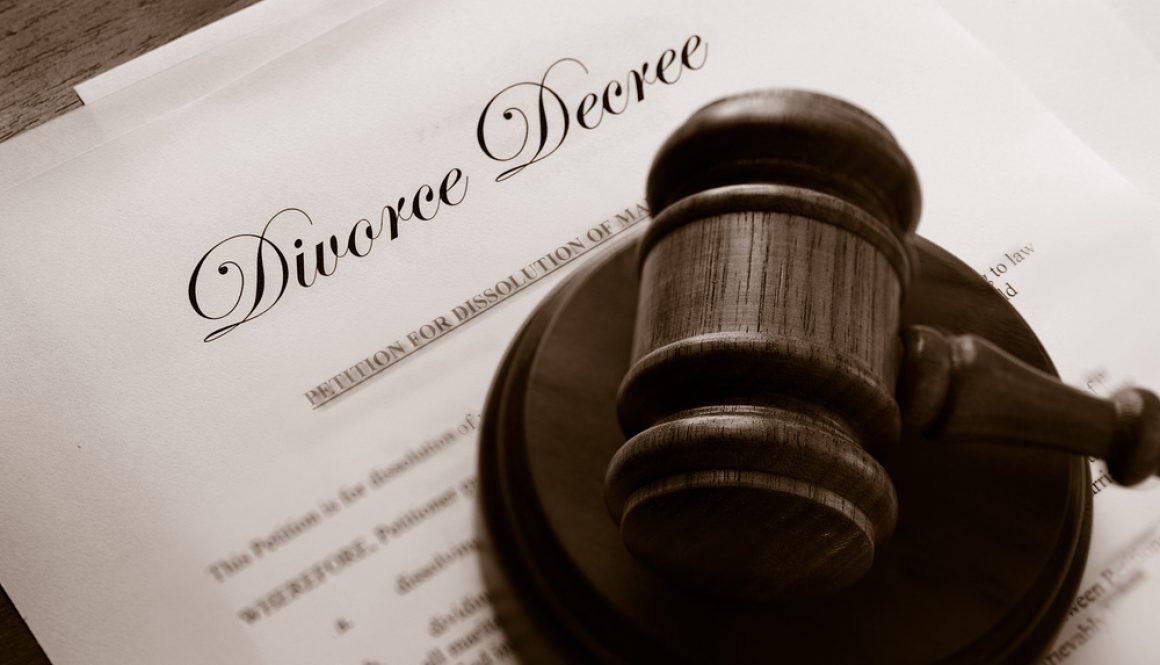Mediation and Alternative Dispute Resolution (ADR)
Your Legal Options: What is Alternative Dispute Resolution?
Legal disputes—whether they involve complex business issues, property, divorce, or many other areas of law—can be contentious, confusing, and sometimes physically and emotionally draining. There are some instances when seeking out another, more cooperative means of sorting out disputes and coming to an agreement can be preferable.
In this instance, there are alternatives available to people to avoid going to trial, and this comes in the form of Alternative Dispute Resolution (ADR) or mediation. Sometimes, these options are also very cost effective, and can save you money by avoiding going to trial.
Utah Alternative Dispute Resolution (ADR) Act
Under Utah law, ADR includes arbitration, mediation, and other means of dispute resolution (other than trial). While arbitration tends to involve a private hearing in front of a neutral person or panel of neutral people who hear the evidence and enter into a written award (which is final and enforceable, just like a judgment) to resolve the issues involved, mediation involves a private forum where impartial individuals (such as neutral/third party mediation specialists) facilitate communication between the parties in order to promote a mutually acceptable resolution or settlement. Mediation is, in particular, useful for bringing parties together to resolve outstanding differences.
Utah Uniform Mediation Act
Mediation is a process whereby a mediator facilitates communication and eventual negotiation between disputing parties in order to assist them in reaching an agreement over their dispute(s). In addition, mediation communications are privileged against disclosure (although parties may waive this privilege), and thus can be beneficial to parties who want to ensure a certain level of confidentiality. However, it is important to note that evidence which is otherwise admissible or subject to discovery remains admissible/subject to discovery–in spite of any relevant mediation process.
A Firm Well-Versed in Negotiation & Settlement
Although your attorney does not serve as the mediator, it is still crucial to have an attorney advise you through the process, as any settlement agreement between the parties that comes out mediation is filed with the court and enforceable as a judgment from a judge. Just as you would be advised and represented during a court trial, you should be provided with legal representation in the event of arbitration and/or mediation in order to ensure that your rights are protected.
Our Logan, Utah attorneys have been serving clients in arbitration and mediation for over 100 years in the areas of corporate/business law, land use/property, personal injury, family & domestic law, and other areas. Contact us today for a free consultation so that we can get started helping you.
Contact your Logan, Utah attorneys at Harris, Preston & Chambers, LLP today by calling (435) 752-3551.


